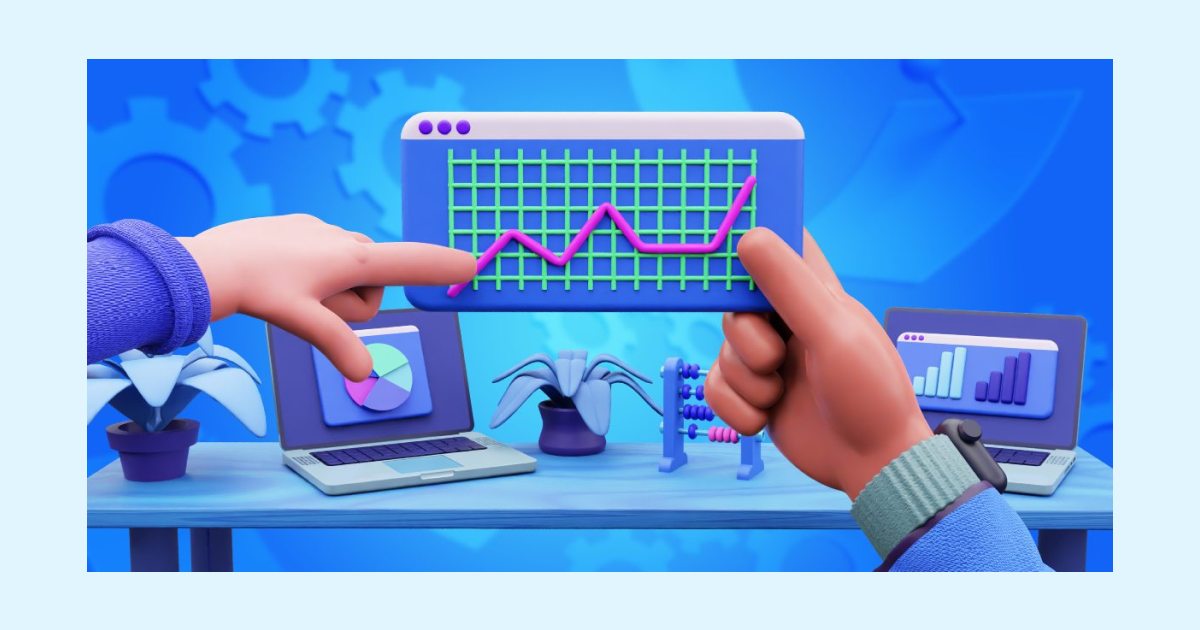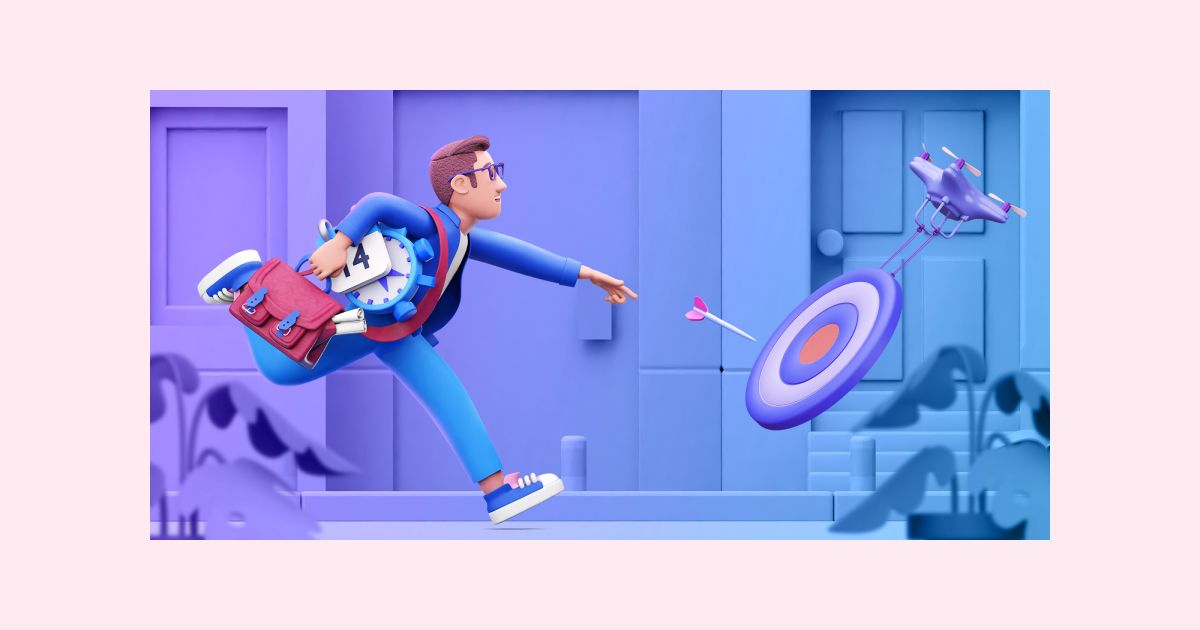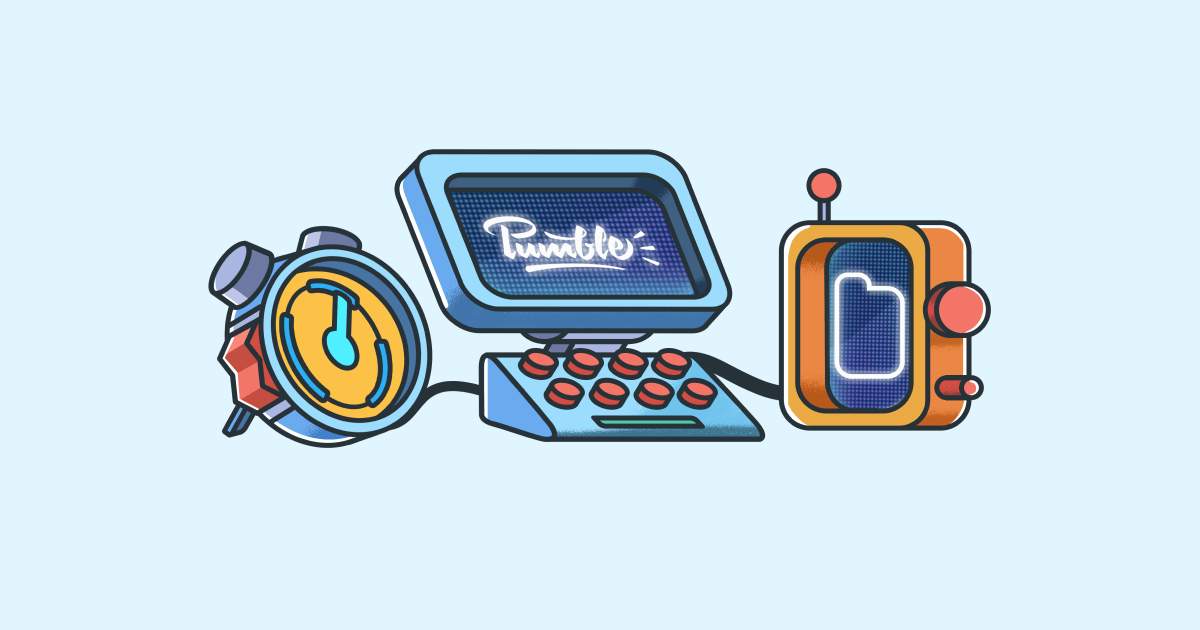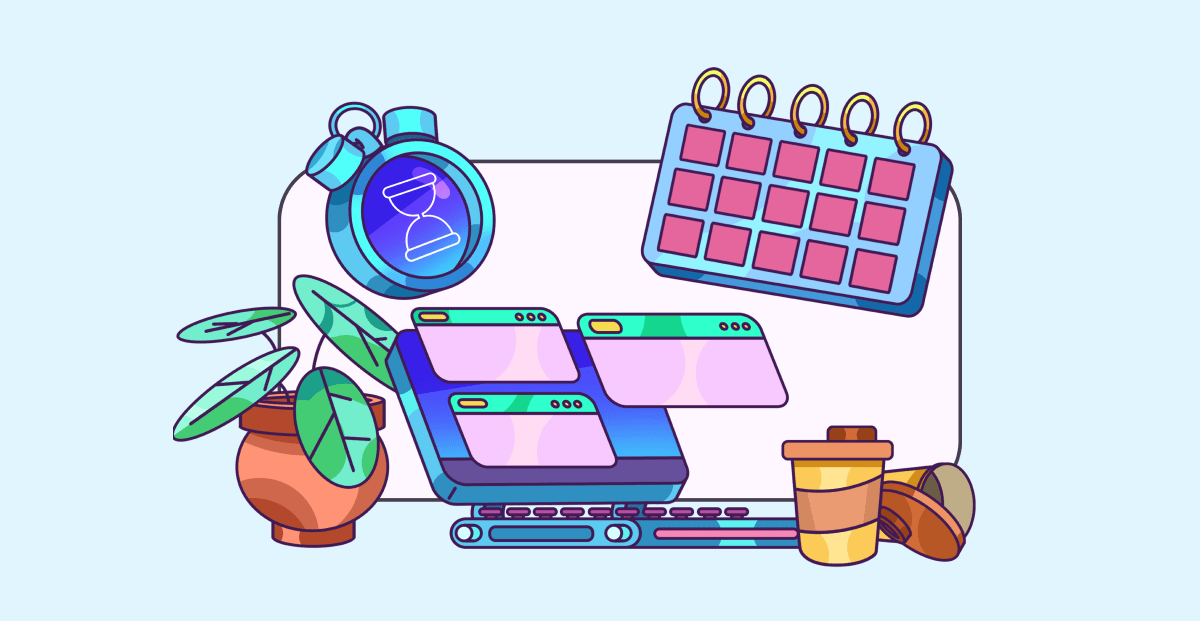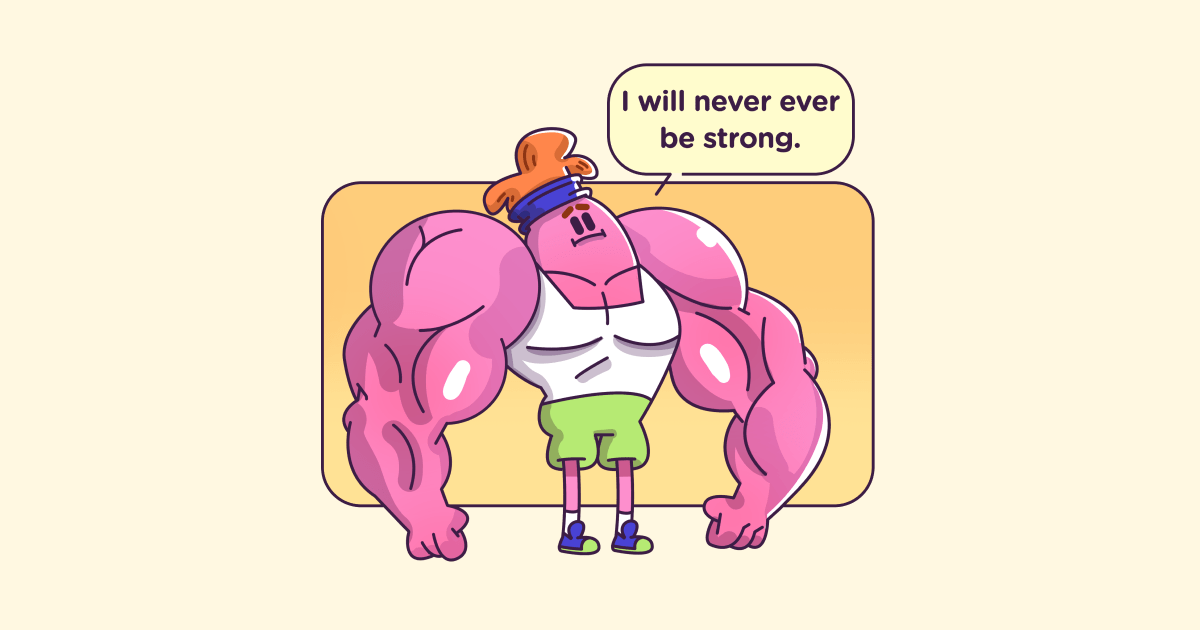How music affects productivity – both positively and negatively
Last updated on: December 22, 2021
Some claim that listening to music improves your mood, but hinders your performance on cognitively demanding tasks. But, others say that music helps us complete tasks quicker and with more creativity.
So, what determines whether music improves or hinders productivity? And more specifically, how each type of music affects productivity?

Table of Contents
Five factors that determine whether music improves productivity
Complexity – Complex music is more distracting.
Lyrics – Music with lyrics hinders concentration.
Habits – If you’re used to working to music, then it helps.
Task difficulty – Music hinders performance on more complex tasks.
Choice – If you choose to listen to music, it distracts you less.
Some music is better for productivity than other
Simple music, with a three-chord structure is great for repetitive, low value work (example: Lynyrd Skynyrd – Sweet Home Alabama, The Animals – House of the Rising Sun, Led Zeppelin – Knockin’ on Heaven’s Door, John Denver – Leaving on a Jet Plane, Van Morrison – Brown Eyed Girl)
Baroque classical music is great for improving work lives and accuracy (examples: Johann Sebastian Bach, Antonio Vivald, Claudio Monteverd, George Frideric Handel, Gregorio Allegri)
Sounds of nature are great for improving mood and cognitive abilities (examples: rainfall, rainstorms, babbling brooks, waves, rustling leaves)
“High power” music is great for motivation when you want to feel powerful, dominant, and determined (examples: Queen – We Will Rock You, 2 Unlimited – Get Ready for This, 50 Cent – In Da Club)
Video game soundtracks are great for making you feel like your work is a game you have to go through (examples: Twilight Princess Legend of Zelda, Skyrim, Assassin’s Creed III, SimCity soundtracks, Super Smash Bros)
Mozart’s music is great for improving abstract reasoning ability (examples: Sonata for Two Pianos in D major, K. 448, Symphony No. 41, Eine Kleine Nachtmusik, Overture to the Marriage of Figaro, Piano Concerto No. 21)
Instrumental music is great for focusing on difficult work (examples: meditation music, techno, dubstep, calm soundtracks, piano music)
Ambient noise is great for boosting creativity and problem solving (examples: distant cafe chatter, sound of outer space, dryer, washer, how music affects different types of work)
How music affects different types of work
Upbeat music without lyrics improves productivity on repetitive tasks
Example from research: Workers working in an assembly line feel more alert and focused while listening to upbeat music without lyrics.
Relaxing, repetitive music improves performance on cognitive tasks
Example from research: High-school students had better reading scores while listening to a repetitive synthesizer piece.
Harmonious, meditation music also improves performance on cognitive tasks
Example: Students score better in regular IQ tests while listening to Koan, a type of meditation music.
Up-tempo music (including certain classical music) improves mood and motivation before cognitive tasks
Example from research: Undergraduates scored better in IQ tests that require creativity, when listening to up-tempo Mozart music than slow Albinoni music.
Familiar music improves creativity on creative tasks for children (while music they don’t know hinders creativity).
Example from research: Children listening to their favorite children’s songs made more creative drawings than those listening to classical music they don’t know.
Popular music with lyrics hinders focus on reading comprehension and other complex tasks
Example from researches: Billboard Magazine’s (2006) top hit singles, such as Natasha Bedingfield’s Unwritten, distracted people from complex tasks and reading.
Christmas music causes cognitive fatigue and hinders employee performance
Example from research: People working at shops during Christmas have to tune out Christmas music, unless they want to be mentally drained and unable to focus.
Quiet classical music during a recorded lecture can make listening and learning more enjoyable
Example from research: Students who heard music played during class lectures earned higher scores on an exam than students who did not.
Music you strongly like or dislike makes you more distracted
Example from research: Workers who strongly disliked or liked music played in the background felt less focused.
Other productivity resources
- Productivity tips for people who hate productivity tips
- 25 ways to increase productivity
- Best productivity tools
- Burnout: How working too much affects health/
- How to manage efficiently working 80 hours week
- Best books on productivity
- Best productivity tools programmers
- Best Chrome extensions for productivity
- Procrastination: why we love it and how to fix it
- Anderson, S. A., & Fuller, G. B. (2010). Effect of music on reading comprehension of junior high school students. School Psychology Quarterly, 25 (3), 178-187.
- Avila, C., Furnham, A., & McClelland, A. (2011). The influence of distracting familiar vocal music on cognitive performance of introverts and extraverts. Psychology of Music, 40 (1), 84-93.
- Cockerton, T., Moore, S., & Norman, D. (1997). Cognitive test performance and background music. Perceptual and Motor Skills, 85, 1435-1438.
- Dosseville, F., Laborde, S., & Scelles, N. (2012). Music during lectures: Will students learn better? Learning and Individual Differences, 22, 258-262.
- Fox, J. G., & Embry, E. D. (1972) Music—An aid to productivity. Applied Ergonomics, 3 (4), 202-205.
- Johansson, R., Homqvist, K., Mossberg, F., & Lindgren, M. (2011). Eye movements and reading comprehension while listening to preferred and non-preferred study music. Psychology of Music, 40 (3), 339-356.
- Kiger, D. (1989). Effects of music information load on a reading comprehension task. Perceptual and Motor Skills, 69, 531-534.
- Schellenberg, E. G., Nakata, T., Hunter, P. G., & Tamoto, S. (2007). Exposure to music and cognitive performance: Tests of children and adults. Psychology of Music, 35 (1), 5-19.
- Listening to too much Christmas music is bad for your health
- Effects of meaningful or meaningless noise on psychological impression for annoyance and selective attention to stimuli during intellectual task
- Anhedonia to music and mu-opioids: Evidence from the administration of naltrexone
- How does music affect study habits?
- Effects of Built-in Audio versus Unrelated Background Music on Performance In an Adventure Role-Playing Game
- Pump Up the Jams and Feel Powerful
- Baroque Classical Music In The Reading Room May Improve Mood And Productivity
